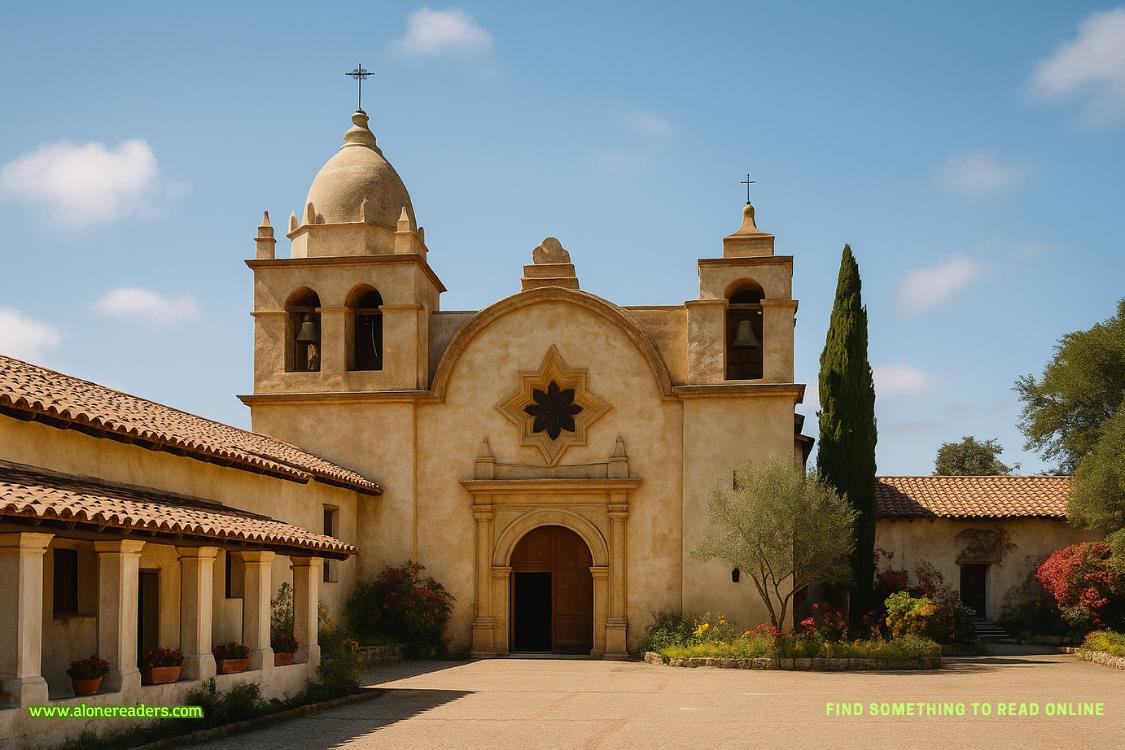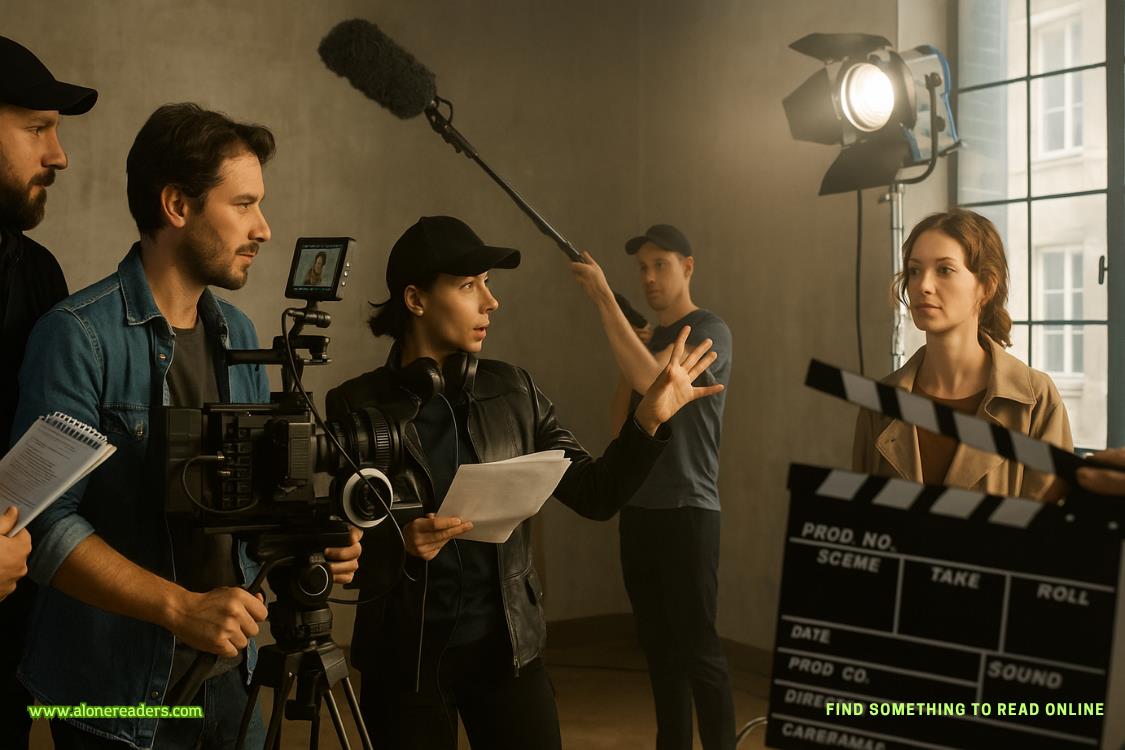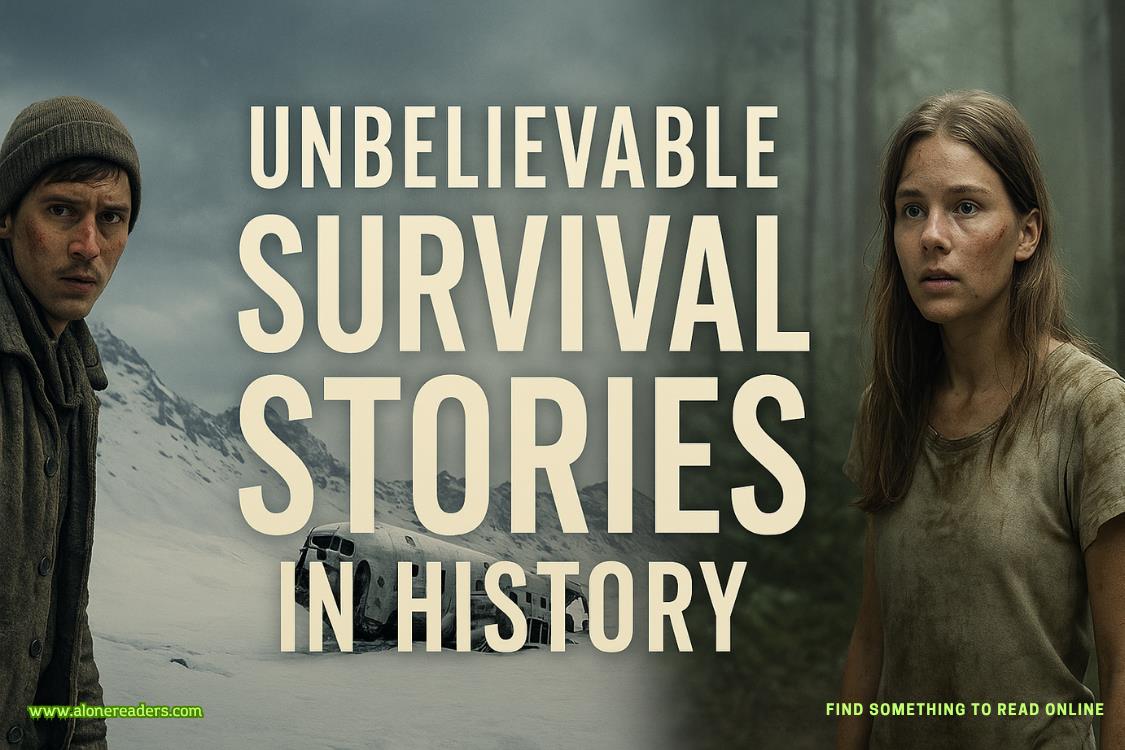Page 125 of Wisteria and Cloves
Christopher looked up from where he was rolling up his sleeves, a playful glint in his eyes. “Technically, we’re making pasta. But I like to think of it as edible therapy.”
I blinked. “We’remakingpasta? Like, from scratch?”
“Handmade,” he said with a dramatic flourish, pulling an apron from the drawer and shaking it out. “Artisanal. Heartfelt. Messy.”
I lifted an eyebrow. “You realize I can barely boil water, right?”
“That’s what makes this exciting.” He handed me a linen apron with pale green embroidery along the edge—delicate vines and tiny stitched flowers. It smelled faintly of basil and citrus and maybe even a hint of the cedarwood cleaner they used on the counters. “Come on. You’re going to love it.”
I hesitated for a second, then took the apron and slipped it over my head, tying it awkwardly behind me. The fabric was soft and worn, clearly used many times before. I felt like I was stepping into a world I didn’t belong in—but the warmth in Christopher’s expression steadied me.
“What’s step one?” I asked, trying to sound more confident than I felt.
“We build a well,” he said, already pouring the flour into a neat little mound in the center of the counter. With his fingers, he carved out a small crater in the middle, like a miniature volcano. “You crack the eggs into the center.”
I picked up one of the eggs delicately, holding it like it might explode in my hand. “If I get shell in the dough, is that considered flavor?”
He laughed, rich and low. “That’s called texture. Totally different.”
I cracked the egg a bit too hard against the side of the bowl, and it splattered slightly as it landed in the flour well. “Ugh. That was… not elegant.”
“Not bad, though.” He nudged the yolk toward the center with a finger. “Now keep going.” Once we had three eggs nestled in the flour crater, he handed me a fork and gestured for me to start mixing. The eggs swirled slowly at first, then thickened into a paste as I pulled flour from the edges. It stuck to the tines of the fork in clumps, stubborn and gloopy, and some of it tried to escape entirely.
“This is so weird,” I muttered, laughing as a bit of the flour flew off the fork and landed in my hair.
“You’re doing great,” Christopher said, nudging his shoulder gently into mine as he started kneading his own dough beside me. His movements were smooth and confident—strong palms folding the dough over itself again and again, like he was sculpting something alive. “It’s supposed to look like a mess. It’s part of the charm.”
I kept working mine, my hands sinking into the sticky, cool texture. The dough started to come together, changing from wet and unruly to something more cohesive, something that almost obeyed. There was something oddly satisfying about the rhythm of it—press, fold, turn. Like my body had fallen into sync with something ancient and grounding.
“See?” Christopher said after a few minutes. “You’re getting it.”
I glanced at him, noticing the way his eyes softened when he looked at me—not with amusement or pity, but with real pride. “Maybe I’m not hopeless after all.”
“You’re far from it.” His compliment sat with me in a way I wasn’t used to. Not flirty or teasing—just true. After another ten minutes, we were feeding long sheets of dough through a pasta roller. The noodles fell in neat, silky ribbons onto the parchment, the strands soft beneath my fingers. It felt like magic—like I had conjured something real from flour and eggs and effort.
“What kind of sauce are we making?” I asked, brushing flour from my cheek.
“Simple,” he said, moving to the stove. “Olive oil, garlic, a bit of lemon juice, and fresh herbs. Nothing fancy. Just honest flavor.” He minced the garlic with practiced ease, the scent quickly filling the air—sharp and comforting all at once. He added it to the hot oil, and the sizzle made my mouth water.
While he worked, I cleaned up the counter, catching little bits of flour that had drifted all over the place like snowflakes. He angled the camera slightly, catching close-up shots of the pasta ribbons and a quick time-lapse of the sauce reducing in the pan.
“No face,” I reminded him.
“No face,” he confirmed, his tone gently amused. “Just pretty hands and artisan vibes. Mara’s going to swoon.”
“And the world still won’t know it’s me?” I asked, glancing over my shoulder at the setup.
“Not unless you start narrating in song.” He told me with an amused look on his face.
I snorted and shook my head. “Not likely.” We plated the pasta in wide, shallow bowls, the strands tangled beautifully in a light coat of sauce, steam curling upward like an invitation. He shaved a little cheese over mine and handed me a fork like he was offering a crown.
“To your first real dish,” Christopher said, lifting his glass of sparkling water.
“To not accidentally poisoning anyone,” I said with a small laugh, clinking mine against his. The first bite was light and bright, the herbs singing through the olive oil, the garlic just present enough to warm my tongue. The pasta was toothsome and tender, and somehow knowing I’d helped make it made it taste even better. We sat together at the kitchen island, shoulder to shoulder, and for a long time, we just… ate. The kitchensmelled of lemon and garlic and something sweet beneath it—maybe safety. Maybe home.
And I didn’t need a camera to prove I belonged here. I just did. I hadn’t realized how full I was until I set my fork down with a soft clink against the ceramic bowl. My stomach was content, but more than that, there was this subtle, unexpected sense of satisfaction warming my chest.
The kitchen around us had softened into a cozy hush, lit only by the golden spill of late-afternoon light filtering through the wide windows over the sink. Dust motes drifted lazily in the sunbeams, and the scent of lemon, butter, and garlic lingered in the air like an invitation to linger just a little longer.















